MENUMENU
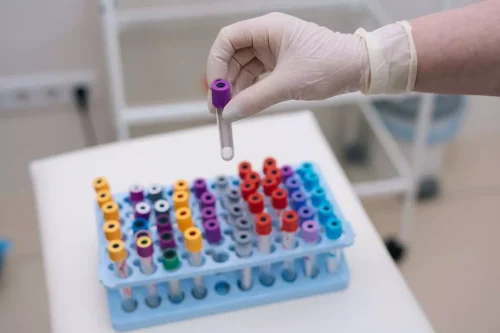
According to the above review, daily drinking of significant amounts of alcohol can increase platelet aggregation and reactivity, meaning it may increase the risk of blood clots. However, people should not consume alcohol instead of taking medications as a healthcare professional has prescribed. Additionally, a person should discuss whether they are able to consume alcohol while taking blood thinners, as alcohol may interact with some medications and lead to side effects. Be careful about drinking if you’re taking a blood thinner, such as warfarin (Coumadin).
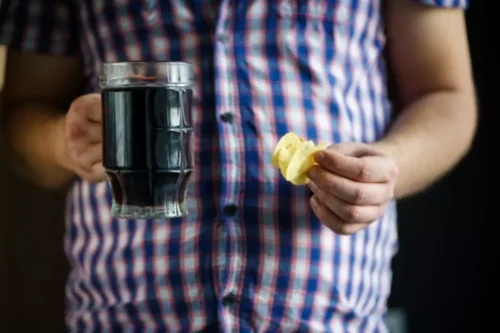
They often treat and prevent life-threatening conditions that can happen because of blood clots, like strokes, heart attacks and pulmonary embolisms. Anticoagulants are a family of medications that stop your blood from clotting too easily. They can break down existing clots or prevent clots from forming in the first place.
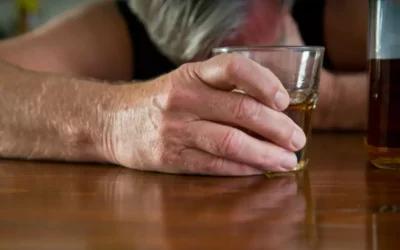
However, the National Institute on Alcohol Abuse and Alcoholism (NIAAA) underscores that certain individuals should abstain from alcohol entirely, including those on blood thinners. The 2020–2025 Dietary Guidelines for Americans suggest that adults of legal drinking age who choose to drink should do so in moderation. For men, this means no more than two drinks per day, and for women, no more than one drink per day. However, individuals blood thinners and alcohol on blood thinners should consult with their healthcare provider to determine if these general guidelines are safe for their specific medical situation. Excessive alcohol consumption, especially binge drinking, can exacerbate these effects due to the synergistic impact it has when combined with anticoagulants. This can lead to dangerous situations such as bleeding in the brain, which can trigger strokes or heart attacks.
This complication is usually only seen with long-term use of heparin (more than one month). It happens because heparin decreases the formation of new bone cells and increases the rate at which old bone cells are naturally broken down by your body. “If you’re on some blood thinners, studies show you should also stay clear of cranberry, grapefruit and pomegranate fruits and juices,” advises Dr. Bishop. Doing anything that can make you bleed is something to seriously consider not doing if you’re on a blood thinner. That means contact sports like hockey, soccer or football, or ones that pose a serious risk of injury if you fall (like skiing, gymnastics or ice skating) are best put on the sidelines. These drugs work by blocking the clotting process in the blood.
Blood thinners, medically known as anticoagulants, are a group of medications that help prevent blood clots. These clots can block blood flow to vital organs, leading to potentially serious medical conditions like strokes and heart attacks. Blood thinners are commonly prescribed to individuals with certain heart conditions, after certain types of surgery, or for those who have a history of blood clots. Given these potential risks, it is crucial for individuals on blood thinners to moderate their alcohol intake and consult with their healthcare provider for personalized advice.
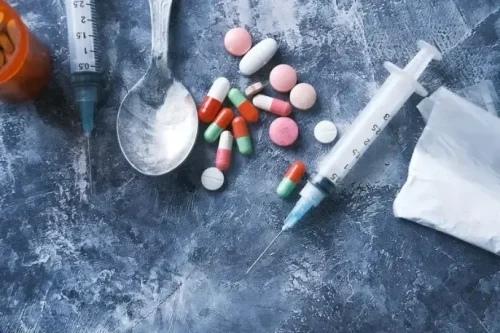
When blood clots work like they’re supposed to, they form at the site of an injury that needs repair and they stay put. However, when clots don’t stay in one place or form in your bloodstream, they can be extremely dangerous. If a clot is too large, it can get stuck in a smaller blood vessel. If that smaller blood vessel is in a critical location, it can block blood flow that one of your organs needs to survive.

What else thins your blood and increases your risk of bleeding? Combine alcohol use and anticoagulants and there is an increased risk of bleeding. Despite often being referred to as “blood thinners,” these https://ecosoberhouse.com/ medications do not actually thin the blood. For example, they’ll cause you to bleed more than usual if you cut yourself. The lifesaving benefits of these drugs often outweigh the potential dangers.
Researchers at University of California, Davis have found that dark chocolate has a similar effect. Taking caffeine along with medications that also slow blood clotting might increase the risk of bruising and bleeding. For example, people with liver problems may need to limit their alcohol use more strictly.
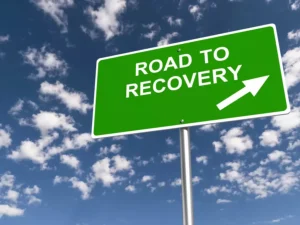

"Sky Tour" company has successfully been working in the tourist market of Tajikistan since February 2011. Despite a relatively short period of activity, the company has thousands of organized trips and satisfied customers. We provide a wide range of tourist services, from excursions around Tajikistan, to round-the-world travel. We organize travel for every taste and depending on the wishes, we select the most ideal variant for the tourist. Managers of the company "Sky Tour" are highly qualified professionals, experts in their work and work execution is impeccable. We track every stage of the journey of our tourists and in the event of unforeseen situations we quickly resolve the issues that have arisen. "Sky Tour" company successfully cooperates with tour companies in all regions of Tajikistan, and many Tour Operators in all corners of the world which gives an opportunity to expand the range of services and choice of countries for recreation. Our goal is to make your trip highly comfortable, safe, and interesting. "Sky Tour" company is a member of the TATO (Tajik Association of Tour Operators) and is accredited with the Ministry of Foreign Affairs of the Republic of Tajikistan.